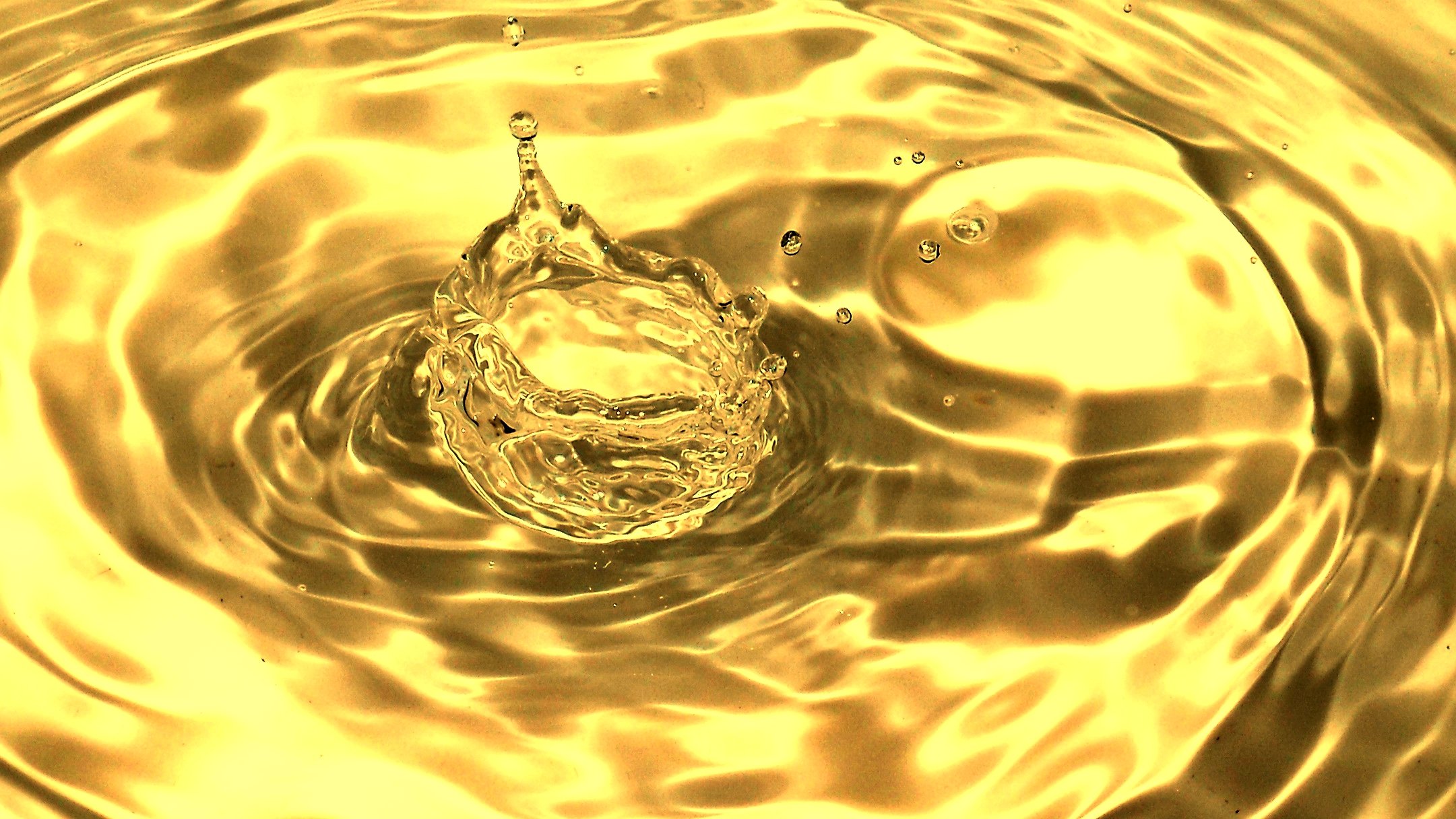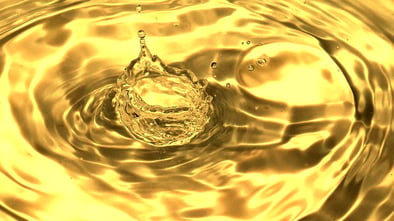
Liquid gold
Most people take water for granted. It’s only when it’s not available that we realise just how precious it is.
The New York Times describes how private tanker operators in Kathmandu profit when water is scarce. “This is like liquid gold,” says a tanker driver, “maybe more than gold.”

Water is used for the basics of life: to cook, clean
and wash. It’s used in agriculture to grow food, and
in many industrial processes to make products.
Tanker water is 40 times the cost of water from the tap in Kathmandu. Whilst the World Health Organisation recommends that households spend
no more than 3-5% of their income on water,
Nepalis are spending up to 20%.
The high cost of water means lower levels of cleanliness. Tanker water meanwhile is of poor quality. Sometimes it’s straight from a river. In Bolivia there’s an example of a tanker filled from a chlorinated swimming pool. And then there are changes in diet as water-intensive dishes, such as spinach, are shunned. All these combine to create a new set of health problems.
Scarcity also creates crime. Not just stealing swimming pool water but boring illegal wells that exacerbate water scarcity. Protection rackets. Bribery for preferential treatment. All of these contribute to societal disorder.
There’s also a psychological burden. The Times relates the story of an individual waiting for the weekly pipeline delivery to flow. It can be as little as 1 hour a week. She grows increasingly angry as the scheduled time for delivery passed. Her reaction: “The state fails us. The tanker men rob us. They all just want to make money from us. Really, what’s the difference?” There is little worse than a sense of hopelessness.
It’s difficult to reconcile some people buying liquid gold as wood care, hair growth oil, facial moisturiser, and high calorie supplement for cats and dogs when others don’t even have water.
Tags: Blog, Industry Challenges, LATAM, Europe, Africa, Data Analytics, Security, UK, Asia Pacific, General, i2O, North America, Middle East